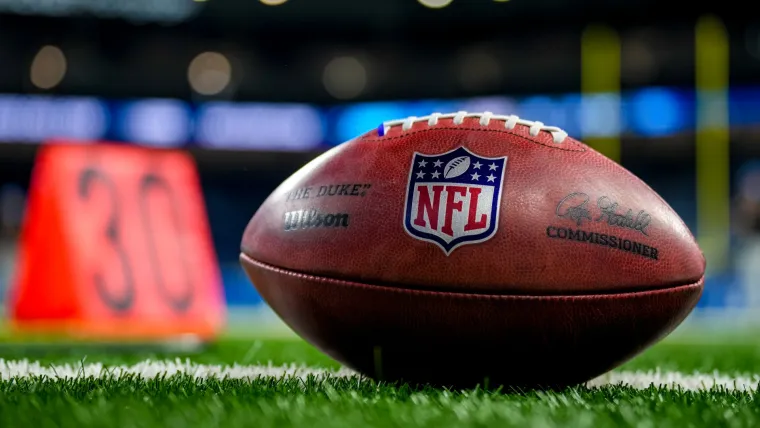Preseason football is a different ballgame.
After a long offseason of anticipation, fans get a first look at their favorite NFL teams, though key players are often limited to prevent unnecessary injuries. Of course, there is always a group of unproven players playing for their NFL livelihoods, and their intensity keeps games close, often bringing them down to the wire.
While wins and losses are counted, the results of preseason competition are ultimately inconsequential, adding another layer to end-of-game situations in which overtime looms.
The NFL’s overtime rules have evolved over the years, with changes impacting the preseason, regular season, and playoffs. Here’s how tied games are decided in the preseason.
MORE: Overtime tweaks among NFL rule changes in 2025
NFL overtime rules 2025
NFL overtime rules for preseason
There is no overtime in NFL preseason games. If a preseason game is tied at the end of regulation, that game ends in a tie.
The change was made in 2021, prioritizing player health and safety in competitions that do not have any bearing on the standings. Players can be evaluated from the first through fourth quarters, and no extra periods are necessary.
Because there is no overtime, these rules differ greatly from overtime rules in the regular season and playoffs.
MORE: Complete list of Super Bowl MVP winners through the years
NFL overtime rules for regular season
- At the end of regulation, the referee will toss a coin to determine which team will possess the ball first in overtime. The visiting team captain will call the toss.
- No more than one 10-minute period will follow a three-minute intermission. Each team must possess, or have the opportunity to possess, the ball, rather than one team being able to win the game by scoring on its first overtime possession.
- Sudden death play — where the game ends on any score (safety, field goal or touchdown) — continues until a winner is determined.
- Each team gets two timeouts.
- The point after try is not attempted if the game ends on a touchdown.
- If the score is still tied at the end of the overtime period, the result of the game will be recorded as a tie.
- There are no instant replay coach’s challenges; all reviews will be initiated by the replay official.
MORE: 16 NFL stars you never knew were drafted by MLB teams
NFL overtime rules for playoff games
The NFL implemented new overtime rules for playoff games in the 2023 postseason.
- If the score is still tied at the end of an overtime period — or if the second team’s initial possession has not ended — the teams will play another overtime period. Play will continue regardless of how many overtime periods are needed for a winner to be determined.
- There will be a two-minute intermission between each overtime period. There will not be a halftime intermission after the second period.
- The captain who lost the first overtime coin toss will either choose to possess the ball or select which goal his team will defend, unless the team that won the coin toss deferred that choice.
- Each team will have an opportunity to possess the ball in overtime.
- Each team gets three timeouts during a half.
- The same timing rules that apply at the end of the second and fourth regulation periods also apply at the end of a second or fourth overtime period.
- If there is still no winner at the end of a fourth overtime period, there will be another coin toss, and play will continue until a winner is declared.
History of NFL overtime rules
The first overtime game in NFL history occurred on Aug. 28, 1955. The Rams and Giants squared off using the sudden-death rules, which had been invented by game promoter Harry Glickman, to determine the game. The Rams won it, and the overtime format was adopted and eventually used during the 1958 NFL championship.
The NFL moved forward with that model before implementing sudden-death overtime for regular-season games 16 years later. In the original format, the first team to score any points at all won the game. That included kicking a game-winning field goal.
That sudden-death format continued to be the NFL’s preferred overtime choice for 35 years.
In 2010, the league amended the rule for playoff games. Field goals no longer counted as sudden-death game-enders for the team that received the ball first. Only a first-possession touchdown by the receiving team would end overtime without both teams getting a possession.
Two years after that change was implemented for the postseason, it was expanded to preseason and regular season games.
In 2017, the length of the overtime period was changed from 15 minutes to 10 minutes.
In 2021, the NFL officially eliminated overtime from preseason games. Both of these changes were made in the name of player safety, as it limited the number of snaps played in a contest.
Finally, the most recent NFL overtime change in 2022 ensures that each team will be able to possess the ball in overtime of a playoff game.
Sudden death only kicks in after the first team has had its possession, regardless of whether it scores a touchdown.






